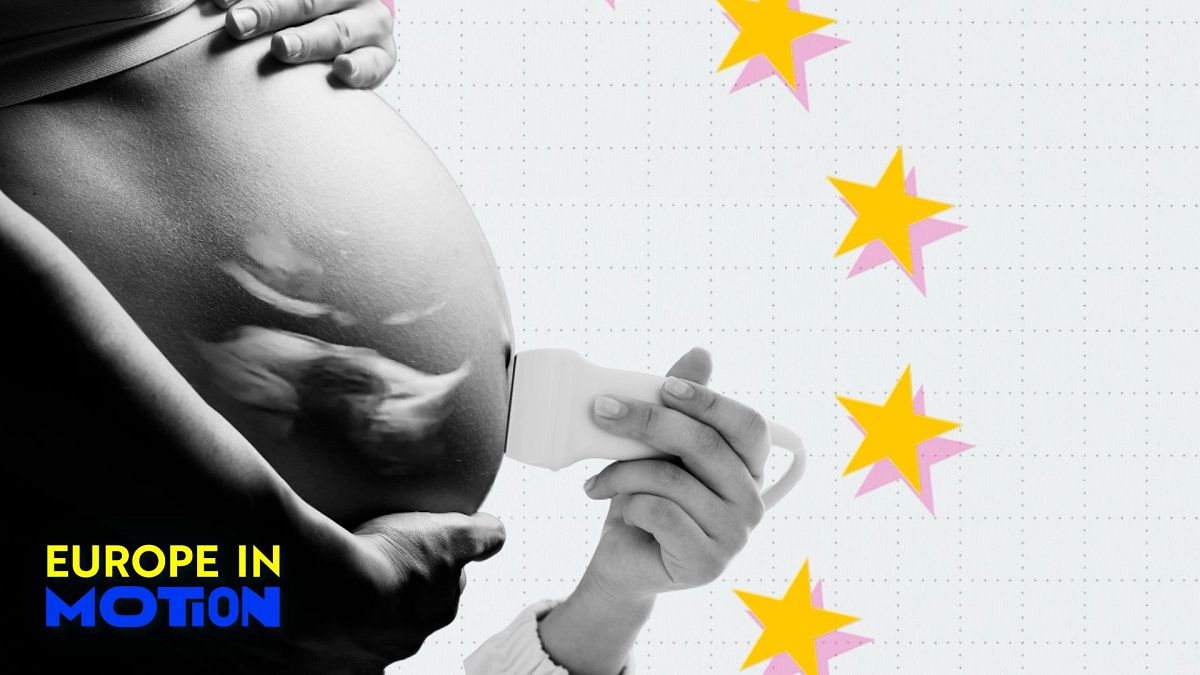With the U-turn of Poland’s public funding for IVF treatment, all EU member states now support this fertility treatment. However, the conditions and waiting times vary among the 27.
In the European Union, 25 million citizens face infertility.
In 2025, Poland welcomed its first baby conceived by in vitro fertilisation (IVF) after President Andrzej Duda signed into law a bill which restored public funding for fertility treatment.
Funding was previously slashed by the former conservative government in 2015.
This policy change ensured that all EU member states now provide public funding for IVF treatments.
However, only five out of the 27 EU countries offer full funding for up to six IVF treatments, according to the European Atlas of Fertility Treatment Policies 2024.
After six treatments, Austria, Denmark, Estonia, and France are the only countries where partial payment or reimbursement is available.
Fifteen EU countries do not have a waiting list. In the twelve that do, access to fertility treatment can take up to a year.
Denmark, Finland, France, Italy, Malta, Romania, Slovakia, and Sweden all have a waiting list that can last between six and 12 months.
The average cost of an IVF cycle in Europe is between €4,000 and €5,000, according to the European Society of Human Reproduction and Embryology (ESHRE).
State-organised fertility education programmes are only provided in schools in France, Germany, and Latvia.
Who can access fertility treatments?
Access to IVF also varies depending on the couple’s sexuality.
“IVF may seem like a trend for many, following the motto: ‘career first, then children’, but for many couples, assisted reproduction is the only way to have a desired child, regardless of age and life plans,” Christina Fadler, board member of Fertility Europe said. “Same-sex female couples have it particularly hard: irreparably damaged or blocked fallopian tubes, endometriosis, or PCOS are the only reasons to be eligible for publicly-funded treatment – it often takes years to get a diagnosis and access to the IVF fund.”
All EU countries allow heterosexual couples to have access to fertility treatment with their own gametes or with donated sperm.
Germany and Luxembourg are the only countries that don’t allow heterosexual couples to access IVF with donated eggs.
Meanwhile, gay couples cannot access fertility treatments in EU countries, the exceptions being Belgium, the Netherlands, and Romania.
The scenario changes a bit for lesbian couples.
Female couples can get fertility treatments with donated sperm in 15 EU countries and fertility treatments with donated eggs in 13 countries.
Single women in Austria, the Czech Republic, Italy, Lithuania, Poland, Slovakia, and Slovenia cannot have access to IVF with sperm donation.
In Croatia, the access varies according to the diagnosis.
The number of countries denying access to fertility treatment with eggs donation rises to 10 in the case of lesbian couples.
Video editor • Mert Can Yilmaz

